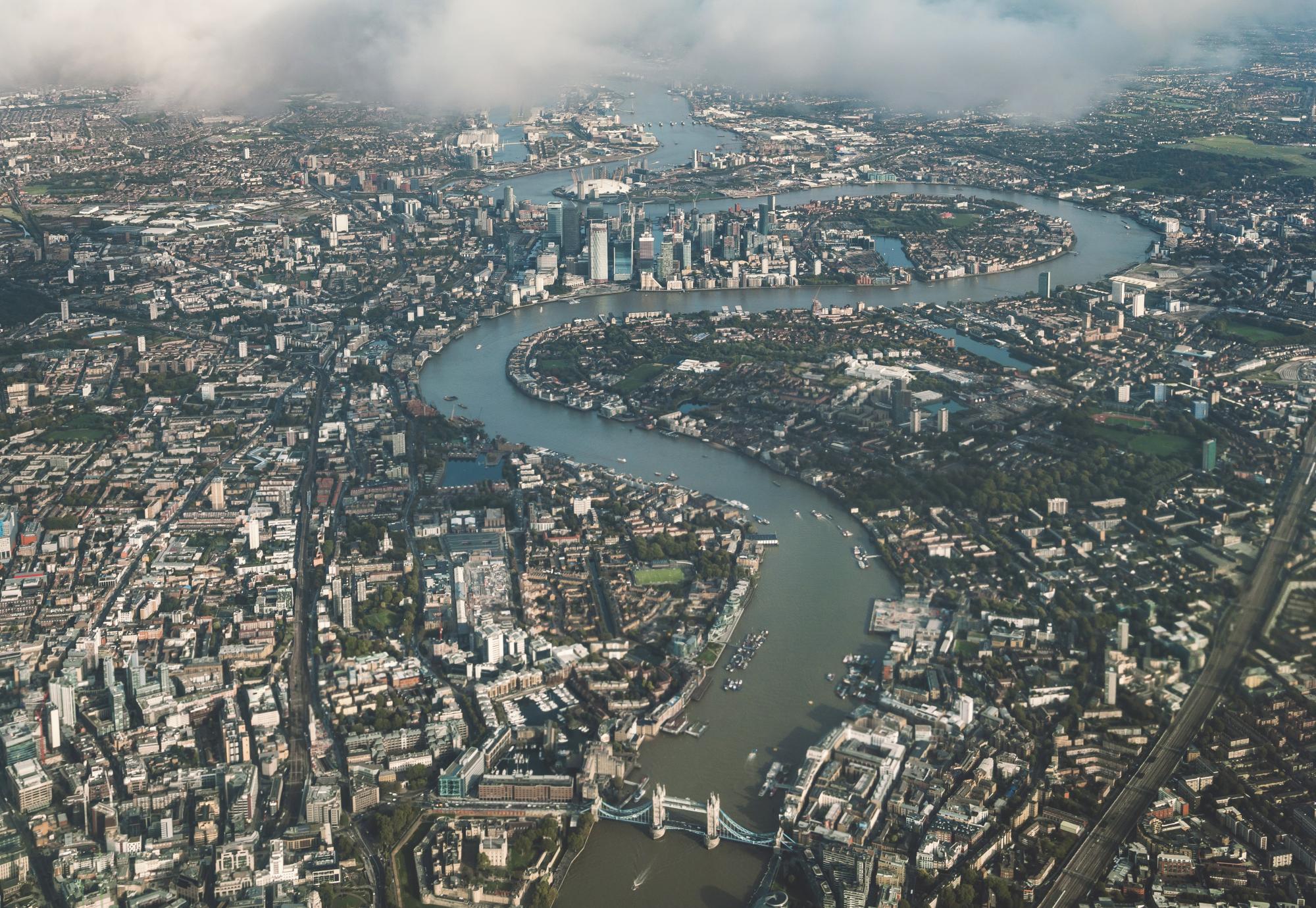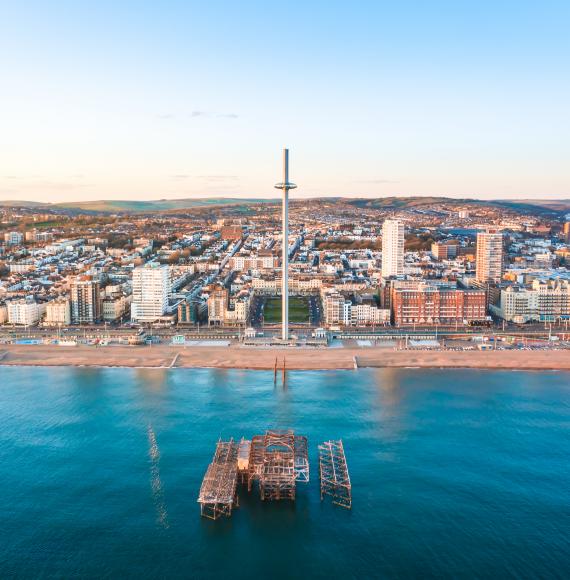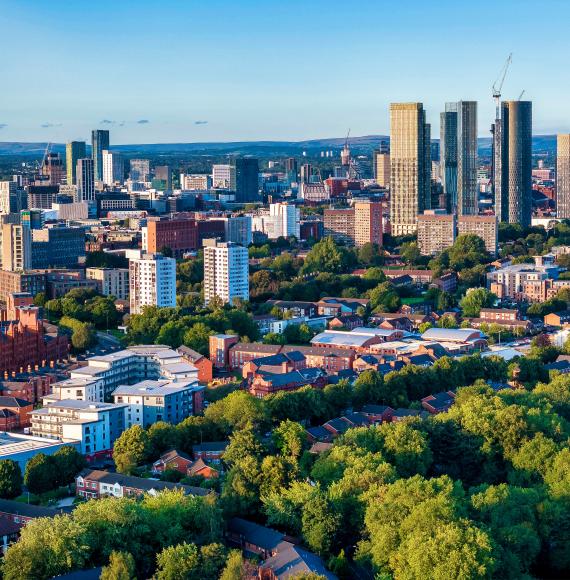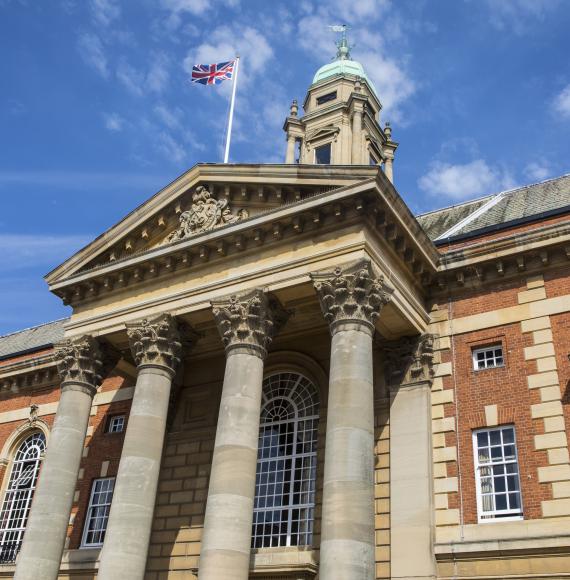A new report has outlined how the impact of London residents’ lifestyles on carbon emissions is reducing every year, however it has warned that more needs to be done.
The report, commissioned by London Councils, ReLondon and the Greater London Authority and carried out by the University of Leeds, identified that there has been a 49% decrease in the consumption-based emissions of the average London household since 2001. One main reason for this was the 2008 financial crisis, with this being down to the impact that it had on incomes and the consumption that was possible for the average household, whilst decarbonisation of the UK electricity sector also played a role.
Transport, housing and food are the biggest contributors of emissions in the capital; however, this is generally lower than the rest of the UK. Despite this, the emissions that are associated with services such as restaurants and hotels are higher in London than the UK average.
As positive as the reduction in emissions is, London Councils has stated that the pace of the decrease is not fast enough to meet the aim of a two-thirds reduction in consumption-based emissions by 2030, which is all part of the wider goal to help the city reach net zero. Because of this, the One World Living climate change programme has been adopted, focusing on food, textiles, electronics, and plastics. This programme is being led by the London Borough of Harrow on behalf of London Councils.
Should London achieve its climate change goals, the majority of the decarbonisation process must be achieved through the addressing of structural issues that exist within the transport and housing sectors.
London Councils’ Executive Lead for Climate, Transport and Environment, Mayor Philip Glanville, said:
“Even though London’s population has increased drastically since 2001, there has been a huge amount of effort from boroughs to support Londoners in reducing their household consumption-based emissions, as highlighted in today’s report. However, there is still much more to do in order to reduce harmful emissions across London.
“The report gives us a fantastic understanding of the lifestyles of London’s incredibly diverse communities. It is essential we build on this data and continue to develop strategies that will make it easier or Londoners to shift towards low carbon, greener and healthier lifestyles. Our One World Living programme, led by LB Harrow, aims to build on this by boosting the circular economy and encouraging sustainable consumption and production.
“London is a leading global city, and we are responsible for the impact of emissions we produce. We are committed to building a sustainable future for every Londoner by funding inclusive solutions to reducing consumption-based emissions across the capital.”
Image credit: iStock



















